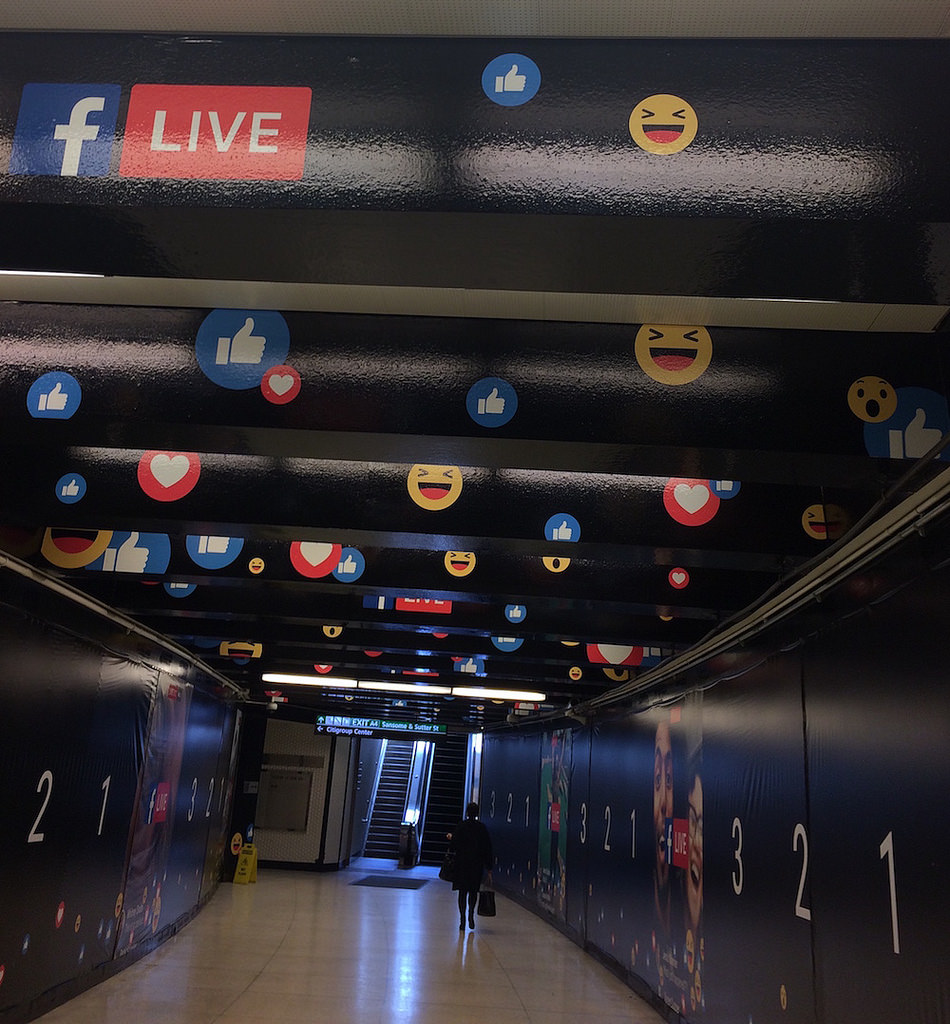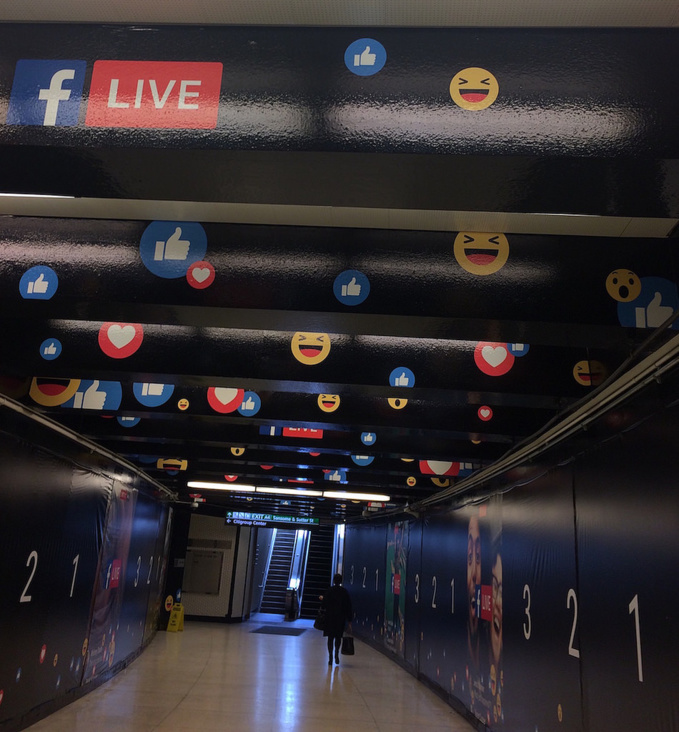Last week, Facebook announced a change in the advertising policy. In particular, it concerns new rules for marking publications on resonant socio-political topics, for example, mentioning a political candidate, human rights issues, patriotism, carrying weapons, etc. The new labeling includes information about who paid for the placement of this content. In addition, such publications will be placed in the archive of political advertising, where they can be found within seven years.
The changes were adopted in a response to social network accusations that Russia-related companies massively advertised in Facebook before the elections in the United States, trying to influence the opinion of Americans. It is believed that labeling of such publications was not sufficiently unambiguous and they could be perceived as ordinary news articles. The new advertising policy of Facebook was negatively received by the North American media. So, the professional association News Media Alliance, which represents about 2 thousand newspapers and news resources from the US and Canada, criticized the actions of the social network, saying that such an approach "blurs" the line between journalism and propaganda. The media believe that inclusion of their publications in political advertising for the promotion of materials on the topic, for example, control over circulation of weapons, will lead to the fact that news publications will be thought of as politically biased.
Now some publications have moved from criticism to action. The Financial Times and New York Media, which owns the New York Magazine, have announced that they are suspending publication of some of their ads on Facebook. "We firmly believe that combining news with propaganda is a very dangerous path," Financial Times commercial director Jon Slade told CNN. A representative of New York Magazine, Lauren Starke explained that at the moment they stop posting on Facebook paid content, "unless we are sure that the content cannot be regarded as political and as such fall under the requirements of placing it in an advertising archive ". "We object to any association of materials from high-quality news publishers with political propaganda organizations and propagandists. We believe that this will impede fulfillment of our journalistic tasks, "said Mrs. Stark, expressing her hope that Facebook "will find a satisfactory solution for high-quality news publications."
source: cnn.com
The changes were adopted in a response to social network accusations that Russia-related companies massively advertised in Facebook before the elections in the United States, trying to influence the opinion of Americans. It is believed that labeling of such publications was not sufficiently unambiguous and they could be perceived as ordinary news articles. The new advertising policy of Facebook was negatively received by the North American media. So, the professional association News Media Alliance, which represents about 2 thousand newspapers and news resources from the US and Canada, criticized the actions of the social network, saying that such an approach "blurs" the line between journalism and propaganda. The media believe that inclusion of their publications in political advertising for the promotion of materials on the topic, for example, control over circulation of weapons, will lead to the fact that news publications will be thought of as politically biased.
Now some publications have moved from criticism to action. The Financial Times and New York Media, which owns the New York Magazine, have announced that they are suspending publication of some of their ads on Facebook. "We firmly believe that combining news with propaganda is a very dangerous path," Financial Times commercial director Jon Slade told CNN. A representative of New York Magazine, Lauren Starke explained that at the moment they stop posting on Facebook paid content, "unless we are sure that the content cannot be regarded as political and as such fall under the requirements of placing it in an advertising archive ". "We object to any association of materials from high-quality news publishers with political propaganda organizations and propagandists. We believe that this will impede fulfillment of our journalistic tasks, "said Mrs. Stark, expressing her hope that Facebook "will find a satisfactory solution for high-quality news publications."
source: cnn.com



















